In addition to violating food safety issues, improper use of pesticides on crops also causes greenhouse gas emissions, affecting the environment. Therefore, before spraying pesticides, farmers need to ask themselves: Is it necessary to use them?
Pesticides help prevent pests on crops, protecting the yield and quality of agricultural products. However, improper use of pesticides can violate food safety and hygiene, failing to meet the requirements of export markets.
Recently, the EU decided to temporarily increase the frequency of border checks from 10% to 20% for durian from Vietnam. The reason is that we have not complied with regulations on pesticide residue levels.
Accordingly, EU authorities have detected many high residues of pesticides on durian such as: Carbendazim, Fipronil, Azoxystrobin, Dimethomorph, Metalaxyl, Lambda-cyhalothrin, Acetamiprid. The EU stipulates the maximum residue limit (MRL) for these active ingredients from 0.005-0.1 mg/kg, depending on the type. Vietnamese durian has a violation level of 0.021-6.3 mg/kg, exceeding the EU's allowable threshold.
Mr. Ngo Xuan Nam - Deputy Director of the Vietnam SPS Office (Ministry of Agriculture and Rural Development), admitted that despite achieving many positive results in the export of agricultural, forestry and fishery products, in 2024, export markets will continuously announce changes in regulations on food safety and animal and plant disease safety (SPS) in the import of agricultural, forestry and fishery products.
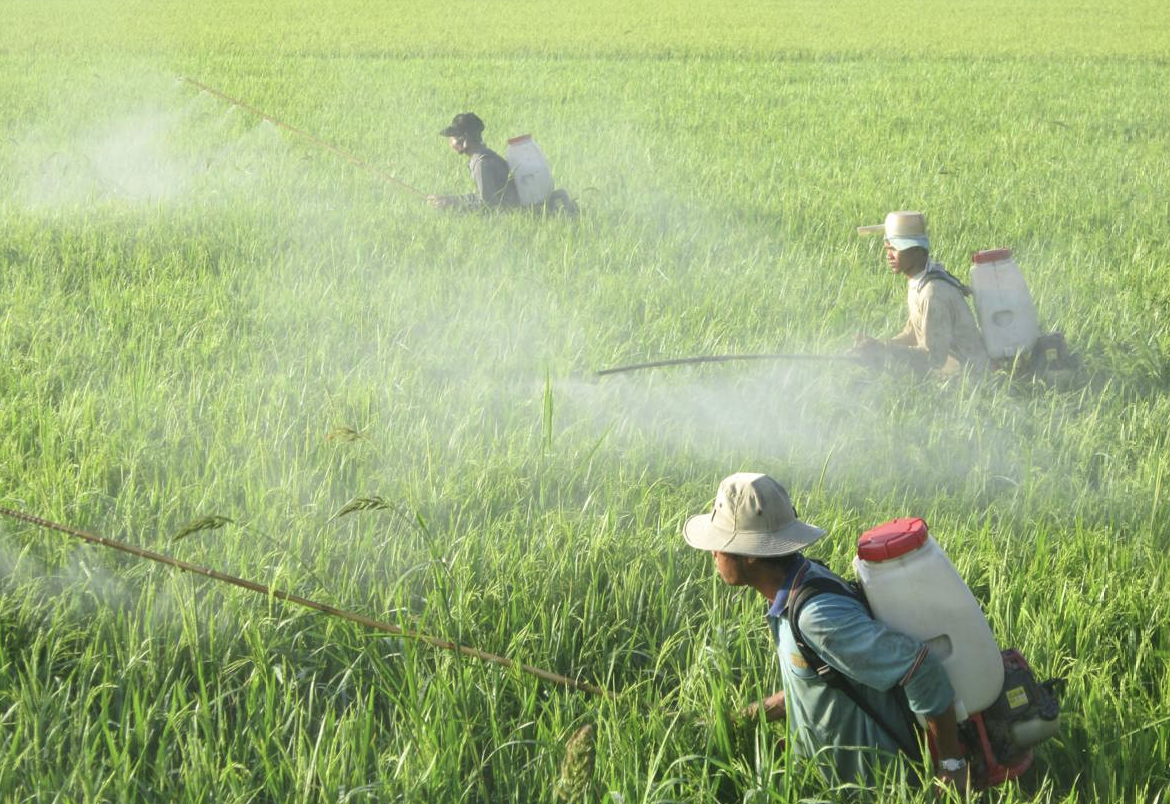
According to statistics, in 2024, markets issued 1,029 food safety notifications, with the SPS office having to issue an average of 3 notifications per day, including hundreds of pages long. Regulations on pesticide residues for other products, such as dragon fruit, coffee, etc., are also different.
For example, in November 2024, Japan had 10 notifications on pesticides, some of which had reduced active ingredients by up to 10 times. The number of notifications received mainly fell on WTO members with whom we are trading, such as the EU, Korea, Japan and China also had some changes.
“The SPS office is very worried, just hoping that there will be no warnings every day. However, in reality, there are almost always warnings,” Mr. Nam expressed.
In addition to the issue of plant hygiene and safety, the improper use of pesticides also pollutes the air, water, and soil in the growing area and surrounding areas. This is also a factor contributing to the increase in greenhouse gas emissions.
At the online seminar "Correct understanding of pesticides", a series of issues on developing green and sustainable agriculture and using pesticides effectively to meet the needs of export and domestic markets were raised.
Mr. Bui Xuan Phong, Head of Plant Protection Department (Ministry of Agriculture and Rural Development), said that the simplest thing to develop sustainable agriculture is that farmers should think carefully before using pesticides.
“Before deciding to spray pesticides, farmers should ask themselves: Is it necessary to use them? If other measures such as pruning, field sanitation or using natural enemies are still effective, they should be given priority,” he said.
Farmers should only use pesticides when absolutely necessary, that is, when pests have exceeded economic damage thresholds and other measures are no longer effective.
However, when using, you need to choose drugs in the permitted list, do not mix drugs together. If used properly, it will ensure the quality of agricultural products to meet the requirements of domestic and international markets.
In addition, it is necessary to comply with the "4 rights" principle. Read the instructions carefully to ensure safety for plants, the environment and the health of users.
Emphasizing that implementing the "4 rights" principle is not only simple but also very effective, Mr. Nguyen Hoang Son, representative of CropLife, said that reputable agents are often equipped with professional knowledge and are responsible for the products they sell, so when buying pesticides, people can ask and carefully read the labels of each type.
The label always has specific instructions on how to use, dosage and the type of plant to use. This is the result of research by scientists, thoroughly tested before being recommended, Mr. Son said.
According to experts, food safety will be a story that countries increasingly care about and improve. If we violate many times, the frequency of inspections will increase or we will be "banned".
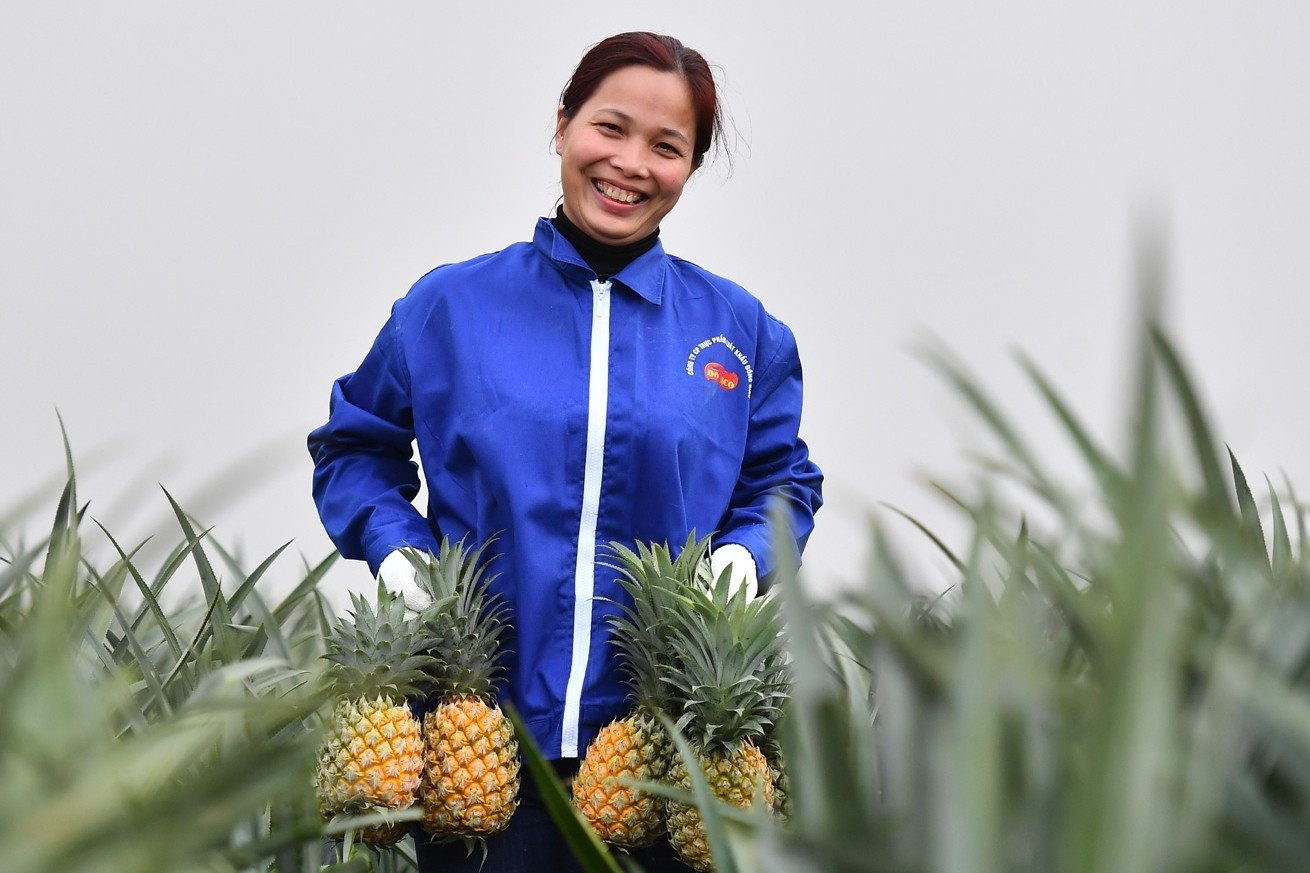
Source: https://vietnamnet.vn/truoc-khi-phun-thuoc-tru-sau-nong-dan-phai-tu-hoi-co-nhat-thiet-dung-khong-2355934.html


![[Photo] Close-up of heavy damage at the school located on the banks of the Ban Thach River](/_next/image?url=https%3A%2F%2Fvphoto.vietnam.vn%2Fthumb%2F1200x675%2Fvietnam%2Fresource%2FIMAGE%2F2025%2F11%2F26%2F1764152130492_ndo_bl_img-8188-8805-jpg.webp&w=3840&q=75)





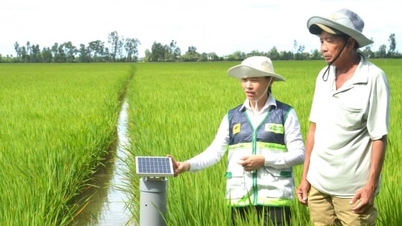

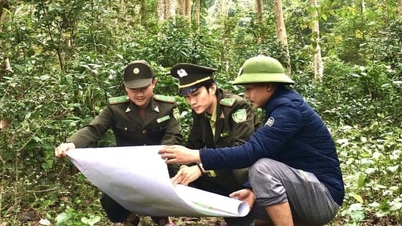
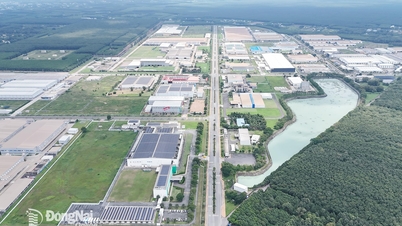

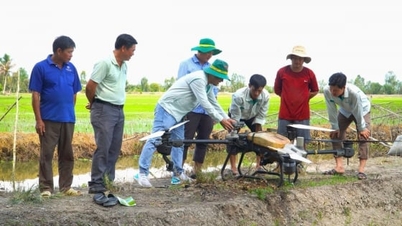
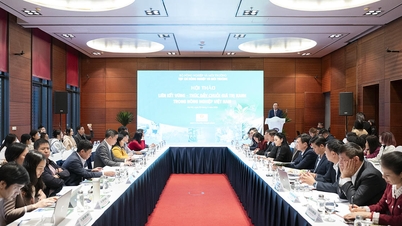









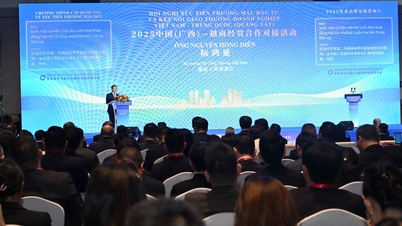
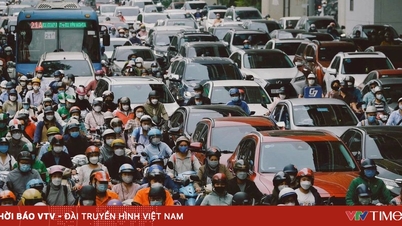





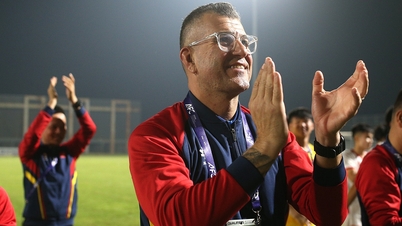









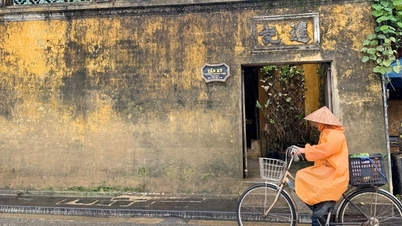








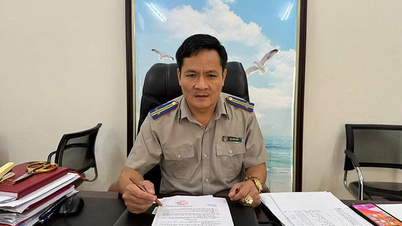

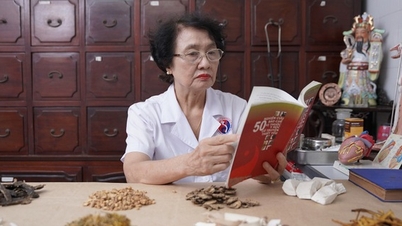



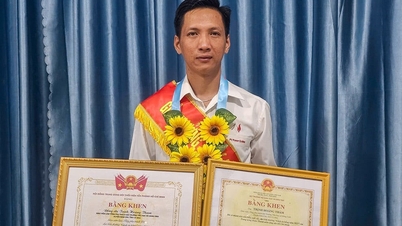





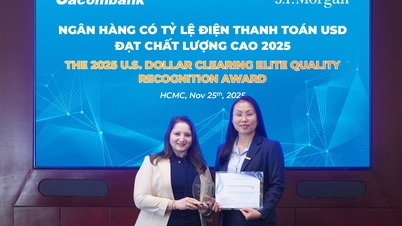

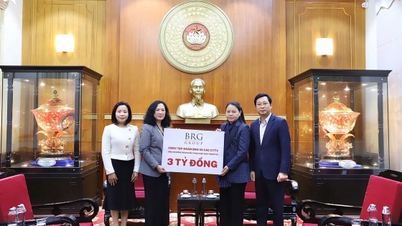

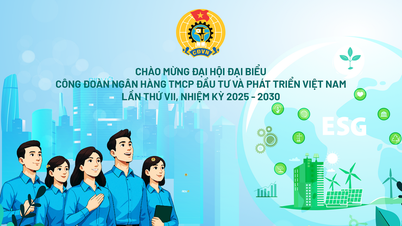










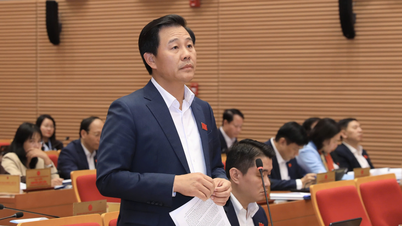
![[Photo] Opening of the 28th Session of the Hanoi People's Council](https://vphoto.vietnam.vn/thumb/402x226/vietnam/resource/IMAGE/2025/11/26/1764155991133_image.jpeg)










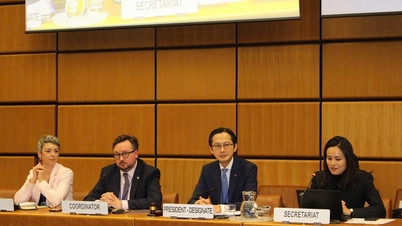
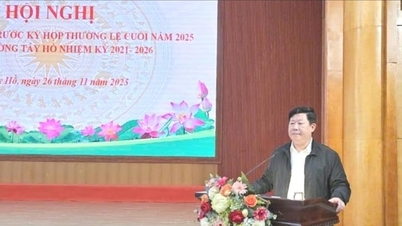



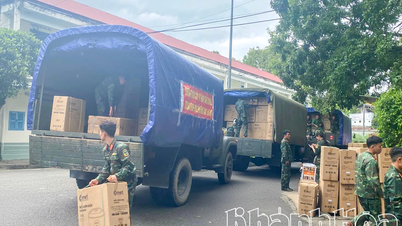


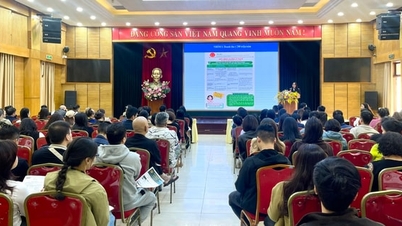
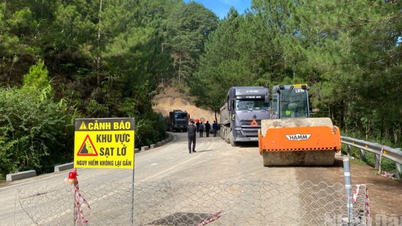












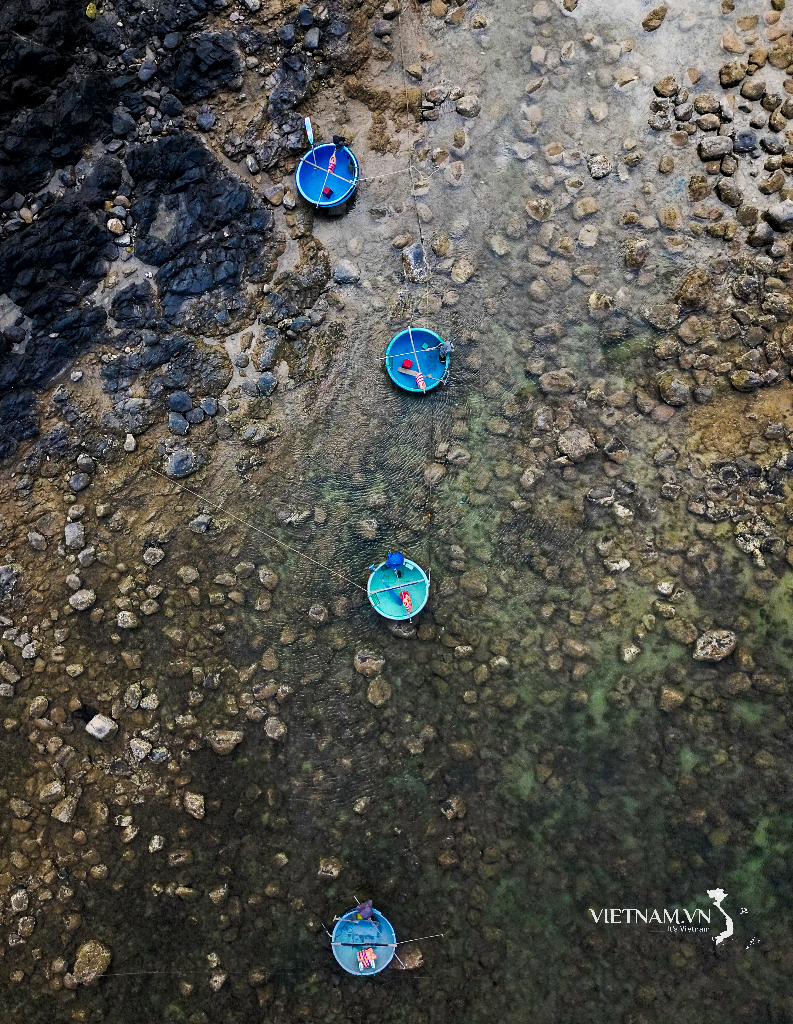
Comment (0)